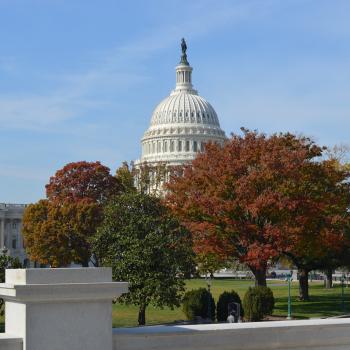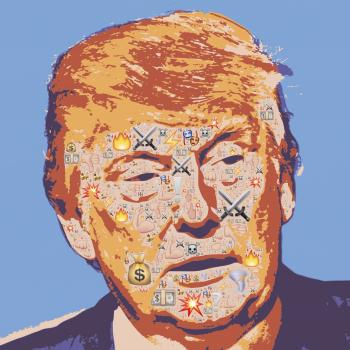I honestly don’t know if this is more funny, more terrifying, or more sad.
I absolutely believe it to be true.
So for those who still labor under the belief that Donald Trump is some sort of businessman extraordinaire, just hold that thought. I could be wrong, but wouldn’t one of the table legs of business require at least an elementary knowledge of economics?
According to the new Bob Woodward book, “Fear: Trump in the White House,” there was a Trump Tower conversation between the president-elect and the man that would serve as his top economic adviser, Gary Cohn.
As Cohn attempted to explain to Trump that the Federal Reserve would likely raise rates during his term, and all that entailed, Trump got excited. His best, good brain was sputtering to life and forming a plan.
“We should just go borrow a lot of money, hold it, and then sell it to make money,” Trump said, according to the book.
Um…
While Trump was correct that many private businesses issue debt at a time of low interest rates, Cohn was “astounded at Trump’s lack of basic understanding” about what the government borrowing would mean, Woodward wrote.
That part may be a bit unbelievable. I don’t think there is anyone who has spent more than a passing amount of time with him who are shocked to find Donald Trump doesn’t know something.
During the campaign, Trump ran on a promise to eliminate the federal debt during his presidency. Borrowing more would increase the deficit and add to that debt, Cohn explained. The president-elect offered a solution.
Nope. He still had some juice left.
“Just run the presses — print money,” Trump said, according to Woodward.
Print money.
So simple… Why has no one thought of that before?
Cohn suggested that would be detrimental to the fiscal and economic health of the US, since printing vast amounts of money is thought to lead to inflation. But Trump returned to the idea later in the conversation.
He wasn’t getting it. He wasn’t listening.
“It was clear that Trump did not understand the way the US government debt cycle balance sheet worked,” Woodward wrote.
Trump’s view on the debt is perhaps best espoused by Modern Monetary Theory, a burgeoning theory among some economists positing that the federal debt is not an economic restraint for the US. But MMT is not generally accepted by lawmakers of either party, most likely making it politically untenable at this point.
Can I just point out here that mad spending is not a conservative thing? We keep getting these lessons on “conservatism” by Trump’s most faithful, even though very little of what he does or suggests is actually rooted in conservatism.
Since that time, President Trump and Cohn have had further fallouts, in regards to Trump’s economic and foreign policy.
Most recently, Cohn advised against Trump’s tariffs policy, urging him to reconsider, lest it ruin the nation’s economy.
A lot have advised against that, actually, but he only has advisers for show.
Because of that particular falling out, Cohn resigned.
In the aftermath, farmers are hurting, as are automakers and other businesses.
Trump still insists it will work out.
We’ll see, but if it gets too tough, we can just print more money, right?










